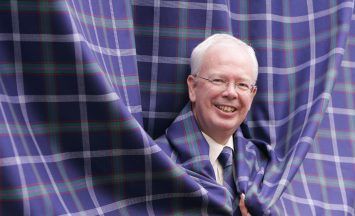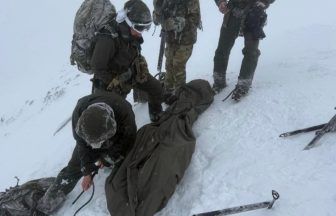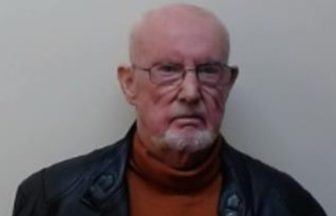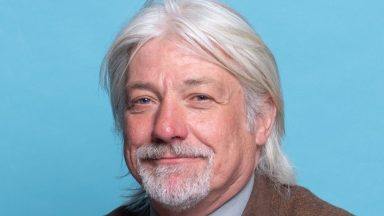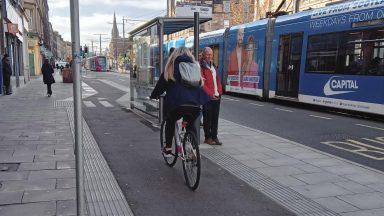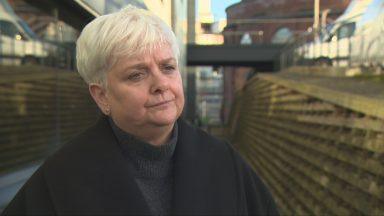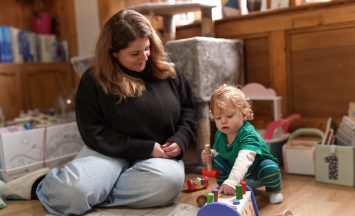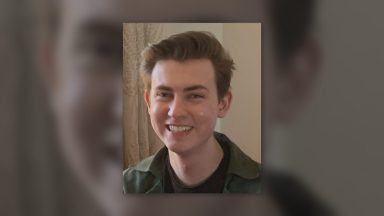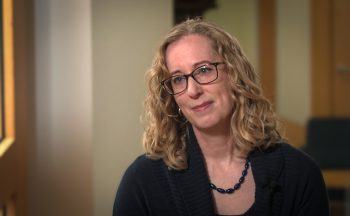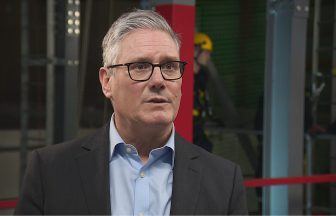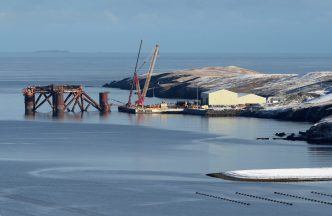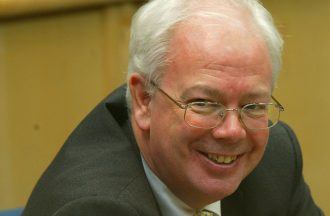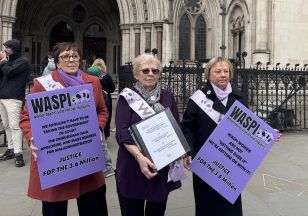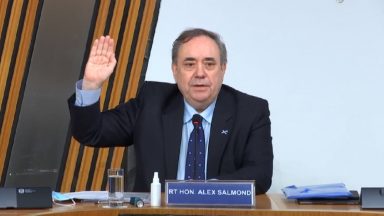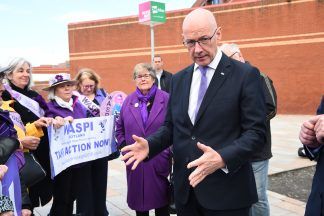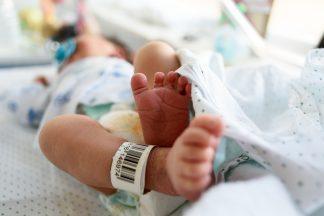Catherine Calderwood’s scheduled appearance at the UK’s Covid-19 inquiry has been rearranged.
Scotland’s former chief medical officer, who resigned after twice breaking lockdown restrictions, was on Wednesday’s schedule to give evidence at the ongoing probe into the UK’s handling of the coronavirus pandemic.
Former health secretary Jeanne Freeman, NHS Scotland chief executive Caroline Lamb and Gillian Russell, the Scottish Government’s director for safer communities, are still due to answer questions on Wednesday.
Calderwood resigned in April 2020 after she breached lockdown restrictions in order to visit her second home in Earlsferry, Fife, which is more than an hour away from her main residence in Edinburgh.
Despite then first minister Nicola Sturgeon backing Dr Calderwood to remain in her position, she ultimately decided to resign so as not to be a “distraction” from the Scottish Government’s social distancing message.
She was appointed national clinical director of the new centre for sustainable delivery at the Golden Jubilee hospital in Clydebank in January 2021.
Sturgeon, who stood down as first minister earlier this year, and former deputy first minister John Swinney will answer questions at the inquiry on Thursday.
Meanwhile, former UK health secretary Matt Hancock told the inquiry on Tuesday that more should have been done to prepare for a lockdown before coronavirus began to spread around the UK in early 2020.
He told Hugo Keith KC, lead counsel to the inquiry, that lessons must be learned, adding that the main issue was not that the pandemic preparedness plan had been focused on flu.
He said: “It is central to what we must learn as a country that we’ve got to be ready to hit a pandemic hard: that we’ve got to be able to take action – lockdown action if necessary, that is wider, earlier, more stringent than feels comfortable at the time.
“And the failure to plan for that was a much bigger flaw in the strategy than the fact that it was targeted at the wrong disease.”
He added: “The doctrinal floor was the biggest by a long way because if we’d had a flu pandemic, we still would have had the problem of no plan in place for lockdown, no prep for how to do one, no work on what, how best to lock down with the least damage.
“I understand deeply the consequences of lockdown and the negative consequences for many, many people – many of which persist to this day.”
Follow STV News on WhatsApp
Scan the QR code on your mobile device for all the latest news from around the country




